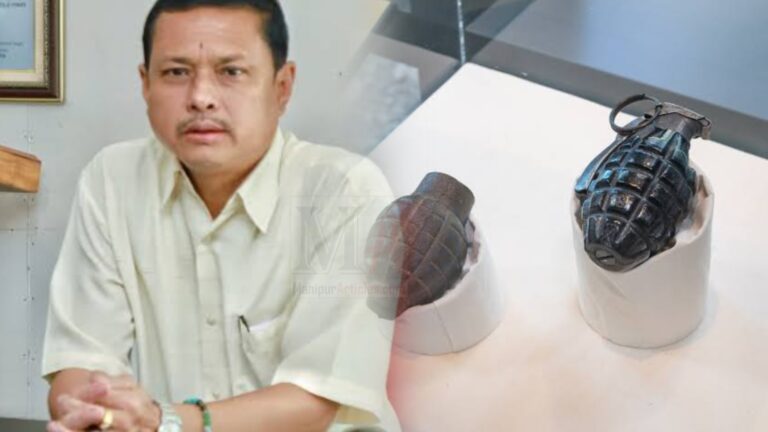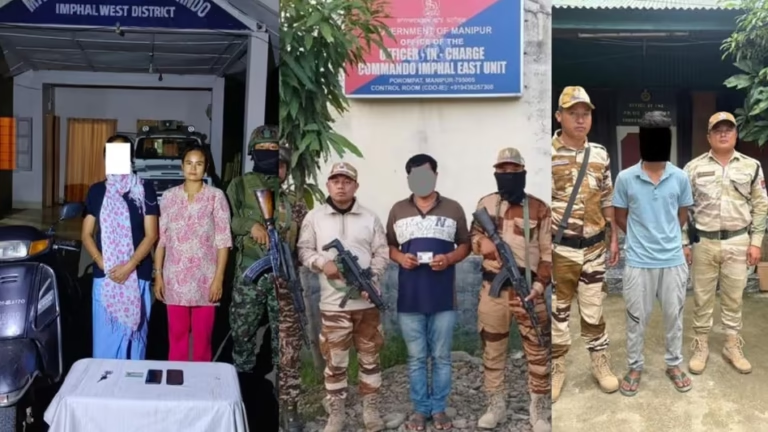Manipur’s Revenue Surge Through Inner Line Permit (ILP) System: A New Milestone
Manipur has witnessed a significant increase in revenue following the implementation of the Inner Line Permit (ILP) system, which has become a cornerstone of the state’s strategy for managing its border region. Since its introduction in 2020, the ILP system has generated substantial funds and is proving to be a pivotal tool not just for regulation but for the state’s economic growth.
Overview of the ILP System in Manipur
Introduced as a measure to regulate the influx of outsiders into the state, the Inner Line Permit system has allowed Manipur to control who enters and stays within its borders. This system was already in place in other northeastern states like Nagaland, Mizoram, and Arunachal Pradesh, but Manipur joined the fold in 2020, aiming to safeguard its unique demographic and cultural makeup. The ILP requires Indian citizens, especially from other regions of India, to obtain permission to visit Manipur for a specified period.
Revenue Generated Through the ILP
Since the ILP’s inception, Manipur has experienced a steady surge in revenue. As of the latest figures, the state has raised an impressive Rs 11.74 crores through the system. This revenue comes from the issuance of over 8.5 lakh permits, demonstrating the extensive demand for access to the state and the administrative success of the system
How the ILP Works and Its Economic Impact
The ILP system operates as a regulatory tool, requiring visitors to obtain a permit for entry. This ensures that the state maintains a close watch on the number of people entering, which in turn helps manage resources, maintain security, and protect the local population. By monetizing this process, the state generates substantial income, which can be reinvested into local infrastructure, development, and security.
The revenue generated by the ILP has proven to be more than just a financial gain; it highlights the importance of secure and controlled borders for the socio-economic stability of the state. Moreover, this system ensures that Manipur’s resources are safeguarded from unchecked external influences while allowing legitimate economic and cultural exchanges.
Challenges and Legal Disputes
Despite the positive financial impact, the ILP has faced opposition from various quarters. Legal challenges have been raised regarding its constitutional validity, with critics arguing that it infringes on the fundamental rights of citizens. Some contend that it violates the right to freedom of movement across the country
. The ongoing debate surrounding the ILP system showcases the balancing act between safeguarding local interests and upholding constitutional principles.
Looking Ahead: The Future of the ILP System in Manipur
The future of the ILP system in Manipur will depend on continued political and legal deliberations. While the financial success is undeniable, its long-term sustainability will rely on ensuring that it serves both the economic interests of the state and respects the rights of its citizens. As the legal challenges progress, Manipur’s government will likely need to adapt and adjust the ILP framework to strike a balance between regulation and openness.
Manipur’s success in generating revenue through the ILP system could serve as a model for other regions facing similar issues related to border security and economic development. With proper management and adaptation, the ILP can continue to provide economic benefits while maintaining the integrity of the state’s borders.
FAQs
- What is the Inner Line Permit (ILP) system in Manipur? The ILP system regulates the entry of visitors into Manipur, requiring them to obtain permission before they can enter the state. This system helps control migration and protects local interests.
- How much revenue has Manipur generated from the ILP system? As of recent reports, Manipur has generated over Rs 11.74 crores from the ILP system since its introduction.
- Why was the ILP system introduced in Manipur? The ILP system was introduced to regulate the influx of visitors, maintain security, and protect the local population’s cultural and demographic integrity.
- Has the ILP system faced any legal challenges? Yes, the ILP system has faced legal challenges, with critics claiming that it infringes on citizens’ rights to free movement under the Indian Constitution.
- What is the future of the ILP system in Manipur? The future of the ILP system depends on ongoing legal proceedings and political considerations, as the state continues to balance economic growth and security with constitutional rights.



